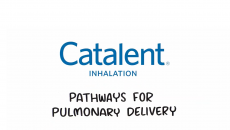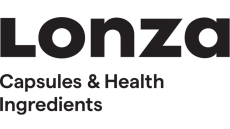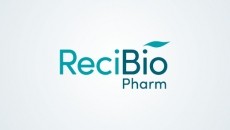Single-shot vaccines on the horizon
Netherlands to replace standard vaccination schedules with a
single-shot alternative could do away with the need for repeated
jabs.
The research, based on controlled release drug delivery techniques, is being carried out by Professor Wim Hennink and a team of scientists in the department of pharmaceutics at the university.
In-PharmaTechnologist.com caught up Hennink during the annual meeting of the Controlled Release Society in California last week.
The idea of the single-shot vaccine is to be able to mimic the schedule of traditional vaccination programmes but with a single injection, with the traditional 'booster' jabs being replaced by pulses of the vaccine achieved by a controlled release formulation.
Hennink's work focuses on dextran microspheres to achieve this controlled delivery profile, combining a priming dose with the microspheres to release the vaccine after set time periods.
"By playing with the cross-link density we can tailor the time that the particles release their contents," Hennink explained.
"So so far we are able to achieve a pulse release in a time-span of three or four weeks or so…The challenge of course is now to extend this to be able to mimic a full vaccination schedule."
Although at a relatively early stage in the research, Hennink is positive about the projects chances of success: "If I thought there was no chance that it would make it I wouldn't have started [work on the project.
But on the other hand, it isn't a won game already."
Aside from the challenge of perfecting synchronisation and developing a controlled release microsphere that will reliably deliver the vaccine at the required time periods, there is also the obstacle of the environment in which the formulation will be acting.
The antigen will be in the body, so in a water-based environment at body temperature, for an extended period of time, so must be formulated so as to withstand degradation and protect against any conformational changes.
Although the initial groundwork that the project is based on was carried out by the University around 15 years ago, this particular programme is relatively new, having only been running since the beginning of the year.
The aim is to develop a platform technology that will be suitable for a variety of applications, and should be compatible with all manner of vaccines.
The work is being undertaken in collaboration with Netherlands-based drug delivery company OctoPlus, a firm also working on single-shot vaccines specifically for Hepatitis B and Japanese Encephalitis.
OctoPlus fund 25 per cent of the project Hennink is working on, with a further 50 per cent coming from government funding and the University of Utrecht making up the remaining 25 per cent.
After the Utrecht team has established proof-of-principle in a few years time (Hennink hopes), Phase I development and eventual commercial production of the vaccines will all be down to OctoPlus.













